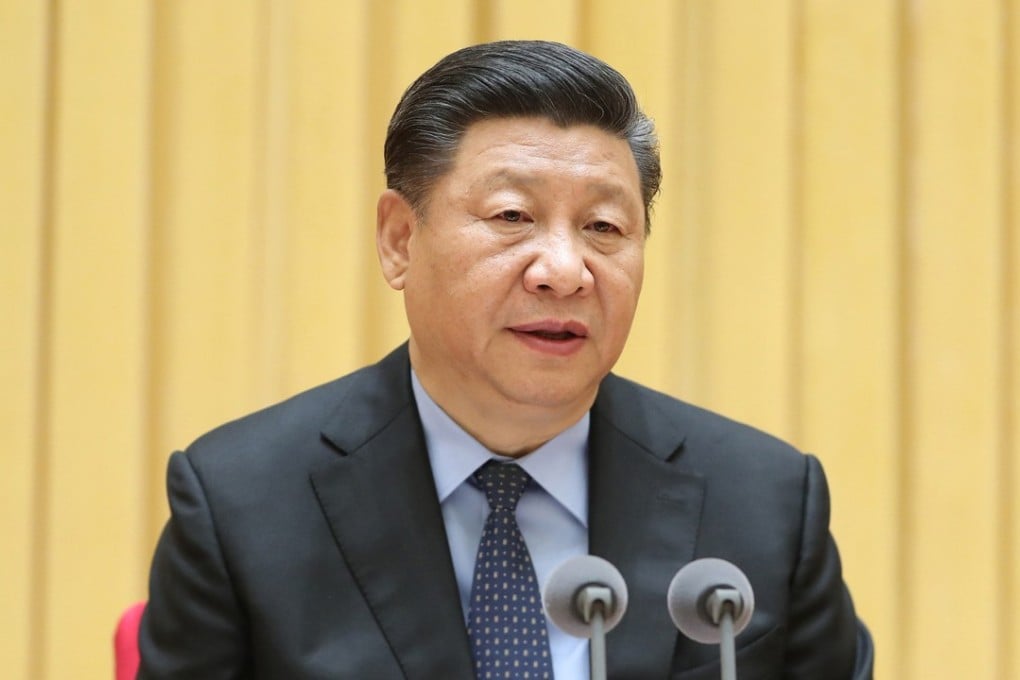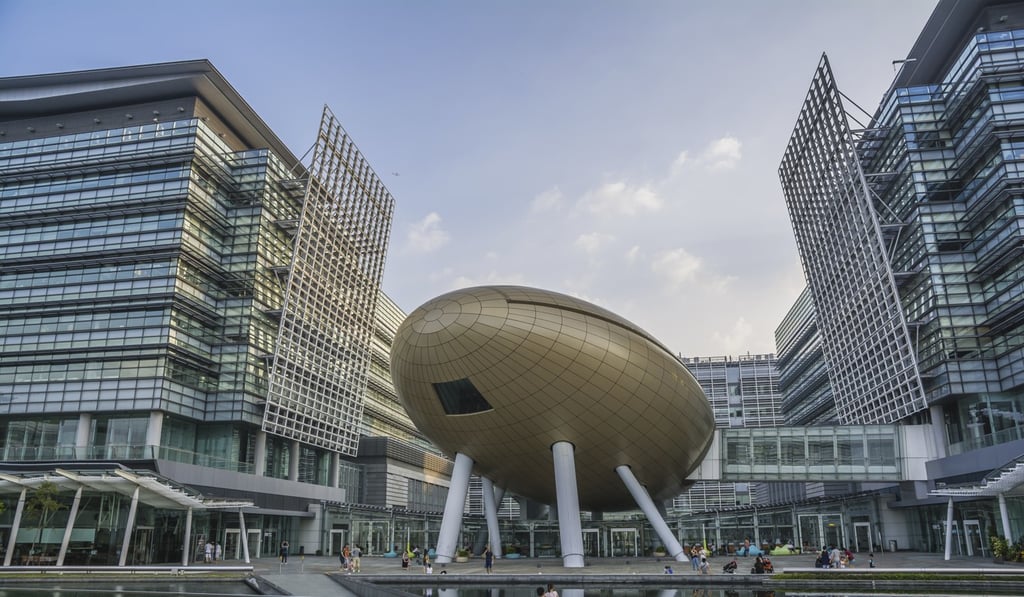City Beat | What Hong Kong scientists’ questions about their new access to mainland China funding reveal
Gap between thinking in city and on mainland illustrates how different narratives can lead to opposite interpretations, which can defeat good intentions

President Xi Jinping gave Hong Kong a new mission to become an “international innovation and technology hub”, while the city’s top scientists wrote to him asking for national funding and expressing their keenness to contribute to the motherland.
It may seem like something has gone wrong, considering this somewhat surprising response to a well-received and encouraging policy directive. But it could not be more telling in reflecting the gap between thinking in Hong Kong and on the mainland. It illustrates how different narratives can lead to opposite interpretations, which can defeat good intentions.
Take a look at what Xi did after receiving a letter jointly signed by 40 Hong Kong members of the two most distinguished national academies of science and engineering research, appealing for “cross-border usage” of national funds.

He instructed the Ministry of Finance and the Ministry of Science and Technology to “come up with detailed policies to solve [the problem]”, stressing that Hong Kong had plenty of “patriotic and high-quality” scientific talent. The two sides should better leverage each other’s strengths so as to boost economic development and improve people’s livelihoods in line with the “one country, two systems” formula.
